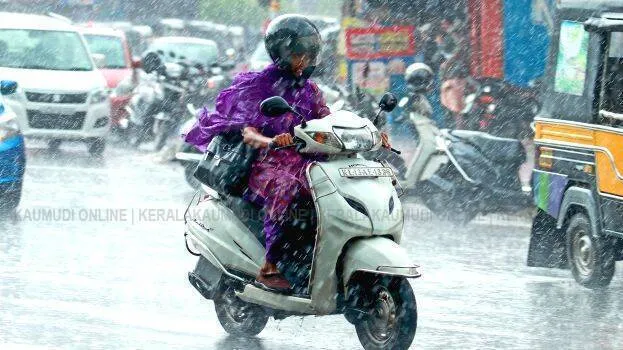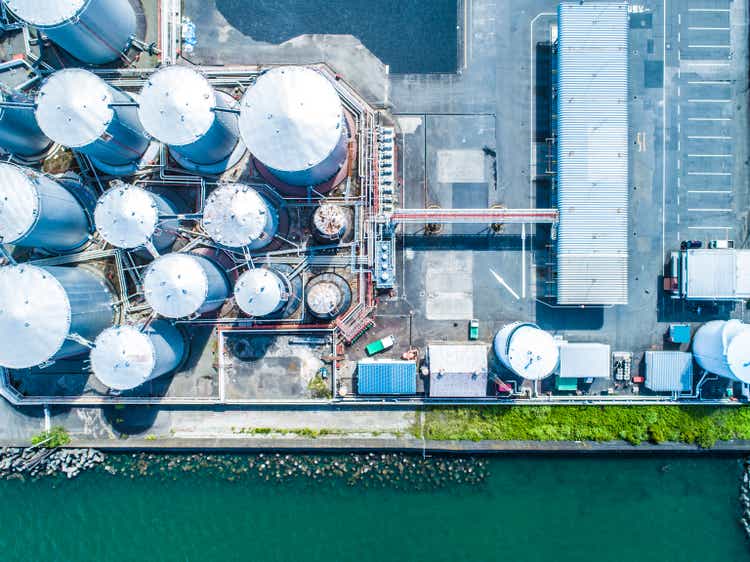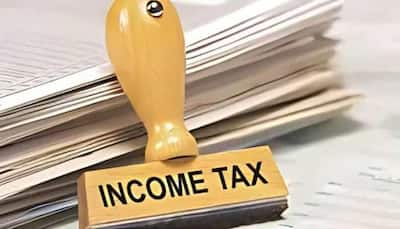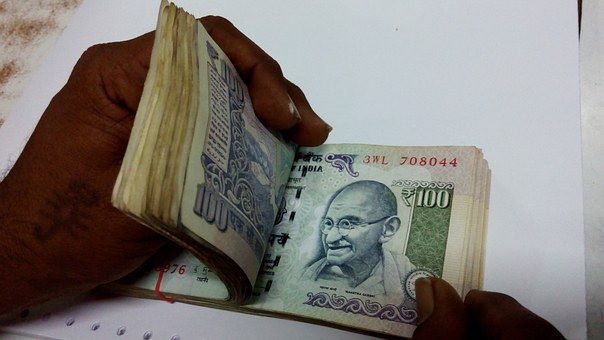
Energy Minister Pirapan Salirathavibhaga says he plans to revoke a rule that allows companies with failed bids in the first phase of the renewables scheme to resubmit proposals in the second phase, seeking to avoid criticism of favouritism for certain bidders. Up to 198 bidders who met the technical criteria in the previous auction but were not awarded licences to develop renewable energy projects can join the new auction under the second-phase scheme, with electricity generation capacity of 3.6 gigawatts.
This group of bidders are allotted a greater share of capacity, amounting to 2.1GW of the total, while the remaining 1.5GW is available for new companies, according to an announcement by the Energy Regulatory Commission (ERC), which oversees the renewables scheme.
Mr Pirapan earlier brought this bidding rule to a meeting of the Energy Policy Administration Committee. He told officials he disagrees with it and demanded its removal to ensure transparency at the auction. However, the rule still appears in the second-phase auction, scheduled to be organised soon.
"That was probably a mistake. It is different from the policy I would like to implement," said Mr Pirapan. The minister said he already registered his opposition with the ERC and the issue will be tabled by the Energy Policy Administration Committee again, according to media reports.
He was speaking at a recent parliamentary session during which he was asked by legislators to clarify the auction of the second-phase renewables scheme. Mr Pirapan said neither he nor senior energy officials agree with this controversial rule because it risks claims of favouritism. In the first-phase scheme, which was auctioned between late 2022 and April 2023, total capacity was initially 5.
2GW, later reduced to 4.85GW. According to an Energy Ministry official who requested anonymity, investment in renewable energy projects in the first and second phases is estimated at 300 billion baht.
Under Thailand's new power development plan, scheduled to be implemented from 2024 to 2037, renewable energy should comprise 51% of total fuel use by 2037, up from 20% at the end of last year, while coal and gas should decline to 48%, down from nearly 80% early this year. The other 1% comes from nuclear energy and new energy solutions aimed at reducing fossil fuel usage and saving electricity..













